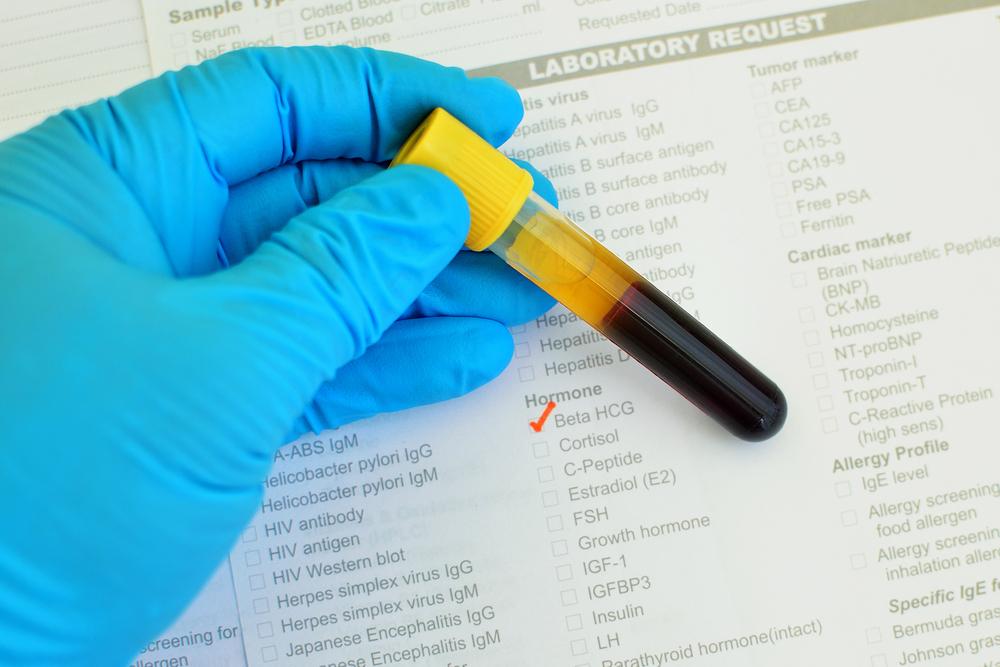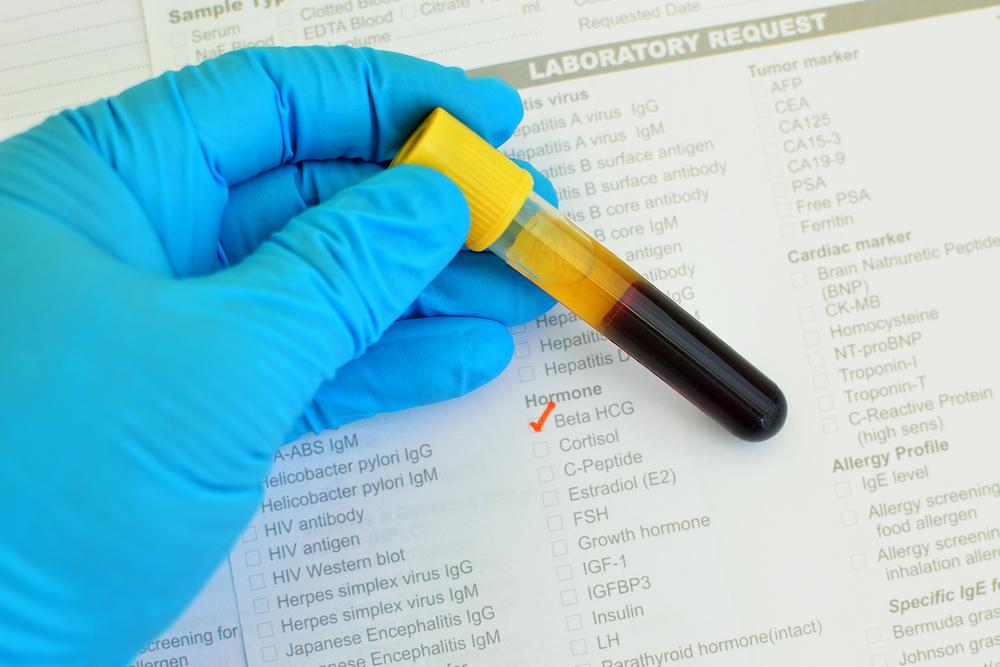Comprehensive Overview of Five Innovative Immunotherapy Strategies for Cancer Treatment
This comprehensive article explores five cutting-edge immunotherapy strategies transforming cancer treatment. It covers non-specific immune stimulants, T-cell therapy, cancer vaccines, monoclonal antibodies, and oncolytic virus therapy. These advanced approaches aim to enhance immune response, provide targeted attack options, and improve patient prognoses. With ongoing research and clinical advancements, immunotherapy is shaping the future of personalized cancer care and offering new hope for patients battling this complex disease.

Comprehensive Overview of Five Innovative Immunotherapy Strategies for Cancer Treatment
Cancer remains one of the world's leading health challenges, claiming millions of lives annually. Traditional treatments such as surgery, chemotherapy, and radiation therapy have been mainstays in combating this disease. However, these methods often come with significant side effects and aren't always effective in eradicating cancer entirely or preventing recurrence. Over the past few decades, the advent of immunotherapy has revolutionized cancer treatment, offering hope for more targeted and effective therapies.
Immunotherapy, also known as biologic therapy, leverages the body's natural immune system to fight cancer. Unlike conventional methods that directly target tumor cells, immunotherapy aims to empower the immune system to recognize, attack, and eliminate cancerous cells efficiently. Its unique approach helps in controlling disease progression, shrinking tumors, and preventing metastasis, which is the spread of cancer to other parts of the body.
This comprehensive article explores five prominent immunotherapy strategies that are currently making significant impacts in oncology. Each of these approaches has been developed based on scientific advances in understanding cancer immunology and offers promising avenues for patients who previously had limited options.
1. Non-specific Immunotherapies: Stimulating the Body's Defense System
One of the earliest forms of immunotherapy involves non-specific immune stimulants such as interleukins and interferons. These biologic agents work by amplifying the overall activity of the immune system, thereby increasing the body's capacity to attack a wide range of tumor types. Interleukins are a group of cytokines that modulate immune cell activity, while interferons possess antiviral and antiproliferative properties that can inhibit tumor growth.
Non-specific immunotherapies are often used in conjunction with other treatments like chemotherapy and radiation but can also be administered alone in certain cases. Their broad mechanism of action makes them versatile, but they can also cause systemic side effects like flu-like symptoms, fatigue, and hematologic abnormalities. Despite these drawbacks, they continue to play a role, especially in types of cancers such as melanoma, renal cell carcinoma, and certain hematologic malignancies.
2. T-Cell Therapy: Customized Approach for Precise Targeting
T-cell therapy represents a significant breakthrough in immunotherapy, involving the modification of a patient's own T-cells to specifically target cancer cells. This process, often referred to as adoptive cell transfer, involves extracting T-cells from the patient, engineering or expanding them in the lab to recognize cancer-specific antigens, and then reintroducing them into the patient's bloodstream.
The most notable form of T-cell therapy is Chimeric Antigen Receptor (CAR) T-cell therapy, which has demonstrated remarkable success in treating certain blood cancers such as leukemia and lymphoma. These engineered T-cells are equipped with synthetic receptors that allow them to recognize and bind to specific proteins on tumor cells, thereby facilitating targeted destruction.
While T-cell therapy is highly effective in hematologic cancers, its application in solid tumors is still under investigation due to challenges like tumor heterogeneity and immune evasion mechanisms. Nevertheless, ongoing research continues to optimize this approach, making it a promising frontier in personalized cancer medicine.
3. Cancer Vaccines: Training the Immune System to Fight Cancer
Cancer vaccines are designed either to prevent cancer development or to treat existing tumors by stimulating the immune system to recognize and attack cancer cells. These vaccines can be composed of tumor-specific antigens, dendritic cells loaded with tumor antigens, or whole-cell preparations.
Preventive vaccines, such as the HPV vaccine, have shown success in reducing the risk of certain cancers like cervical cancer. Therapeutic vaccines aim to boost the immune response in patients who already have cancer, helping to slow disease progression or induce remission.
Developing effective cancer vaccines remains challenging due to the complex nature of tumor antigens and immune tolerance mechanisms. However, advances in nanotechnology and immune adjuvants are improving vaccine efficacy, and several vaccine-based immunotherapies are currently in clinical trials or approved for specific cancers.
4. Monoclonal Antibodies: Target-Specific Immunotherapy
Monoclonal antibodies (mAbs) are laboratory-produced proteins designed to recognize and bind to specific antigens expressed on cancer cells. By attaching to these tumor markers, mAbs can initiate immune responses such as antibody-dependent cellular cytotoxicity (ADCC) or complement activation, leading to tumor cell destruction.
Some monoclonal antibodies also deliver cytotoxic agents directly to cancer cells or block signaling pathways essential for tumor growth. For example, drugs like trastuzumab target HER2-positive breast cancer cells, while pembrolizumab and nivolumab inhibit immune checkpoints such as PD-1, thus reinvigorating exhausted T-cells in the tumor microenvironment.
Monoclonal antibody therapy has become a cornerstone in treating different cancers, including breast, lung, and colorectal cancers. Its precision minimizes damage to normal tissues, reducing side effects compared to conventional chemotherapies.
5. Oncolytic Virus Therapy: Harnessing Viruses to Kill Cancer Cells
Oncolytic virus therapy involves using genetically engineered viruses that selectively infect and lyse cancer cells while sparing healthy tissue. These viruses are designed to replicate within tumor cells, causing cell death and releasing tumor antigens in the process. This not only reduces tumor burden but also stimulates an anti-tumor immune response.
Several oncolytic viruses, such as talimogene laherparepvec (T-VEC), have been approved for clinical use in melanoma treatment. Researchers are developing new viral vectors tailored to different types of cancers, combining them with immune checkpoint inhibitors to enhance their efficacy.
Despite its promise, oncolytic virus therapy faces challenges like immune clearance of the viruses and effective delivery to tumor sites. Nonetheless, it represents a unique approach that integrates virotherapy with immunotechnique, opening new horizons for cancer treatment.
In conclusion, immunotherapy offers a versatile and promising set of strategies to combat cancer. From broad immune stimulation to highly personalized cell therapies and targeted antibodies, these approaches continue to evolve, offering hope for improved outcomes and quality of life for cancer patients worldwide. As ongoing research addresses current limitations, immunotherapy is set to become a cornerstone of future oncology practice.





